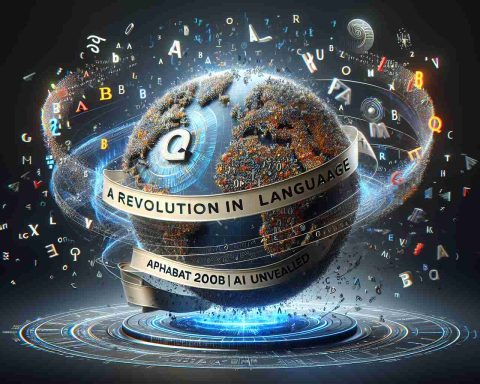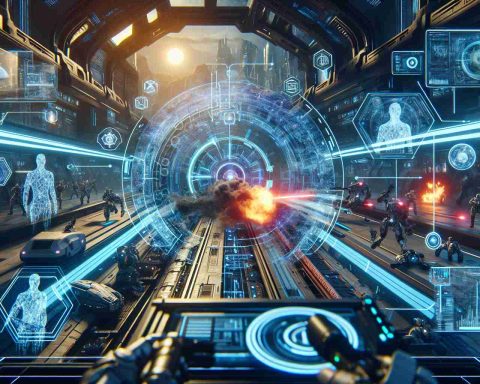The advent of artificial intelligence (AI) has sparked significant concerns among HR leaders about its potential disruptive effects on the workforce. Many experts suggest that AI could diminish the need for human labor, particularly in management roles, resulting in widespread redundancy. This notion has prompted unease among professionals in human resources.
As with any transformative technology, the benefits of AI must be weighed against notable risks. This presents a unique opportunity for HR to guide organizational change and utilize AI to enhance business outcomes. A critical understanding of data and AI technologies is crucial. HR professionals need not become tech experts but should delve into AI’s capabilities, potential applications, and the implications of its use.
As businesses undergo structural changes, some administrative roles may decline while others focusing on strategic data analysis will emerge. Understanding the complexities of human behavior remains a key strength for HR, equipping them to navigate these transitions effectively.
Establishing an AI ethics and governance board could help organizations manage the ethical implications of AI deployment. This ensures diverse perspectives are considered, mitigating bias and enhancing decision-making.
Ultimately, AI is envisioned as a tool to complement human skills. By supporting recruitment and personalized development, AI can enhance employee experiences while still valuing the significance of human interaction in training and career growth. Embracing this transformational journey will position HR at the helm of organizational progress.
Maximizing HR Potential in the Age of AI: Tips, Life Hacks, and Insights
As artificial intelligence (AI) continues to evolve and impact various industries, HR professionals must adapt to these rapid changes. Here are some valuable tips, life hacks, and interesting facts that can help HR leaders thrive in this new era while enhancing their organizations’ outcomes.
1. Embrace Continuous Learning
Understanding AI technologies is no longer optional for HR leaders. Engage in online courses, webinars, or workshops focusing on AI applications within HR. Platforms like Coursera and LinkedIn Learning offer countless resources tailored specifically for HR professionals. Staying informed about AI developments can empower you to leverage these technologies effectively.
2. Collaborate with Tech Experts
Forming partnerships with IT departments or data scientists can provide HR teams with much-needed insights into how AI operates. Instead of trying to master the technical aspects alone, focus on collaborative projects that combine HR expertise with technical understanding, enabling you to harness AI’s full potential.
3. Prioritize Ethical AI Use
Establishing an AI ethics and governance board is vital. Ensure that this board includes diverse voices from across the organization to foster a more inclusive approach to AI implementation. By being proactive about ethics, your organization can avoid potential pitfalls, such as bias in AI algorithms, and build a culture that promotes fairness and transparency.
4. Utilize AI for Enhanced Recruitment
AI can streamline the recruitment process, allowing HR teams to focus more on candidate experience. Tools such as applicant tracking systems (ATS) can automate resume screening, leaving you more time to engage with candidates personally. Consider integrating AI-driven chatbots for initial candidate interactions to improve efficiency and responsiveness.
5. Focus on Employee Development
AI can aid in personalized employee development plans. Use AI analytics to determine skill gaps within your workforce, and craft tailored training programs. By leveraging AI’s data analysis capabilities, HR can proactively engage employees and help them navigate their career growth effectively.
6. Stay Human-Centric
Despite the rise of AI, the human element in HR remains irreplaceable. Encourage self-awareness and emotional intelligence among your HR team. Building strong relationships with employees ensures that AI tools serve to enhance, rather than replace, meaningful interactions within the organization.
Interesting Fact:
Did you know that nearly 65% of HR leaders believe AI will significantly change the way talent is managed in the next five years? This statistic underscores the urgency for HR professionals to adapt and embrace the shift brought about by AI technologies.
As HR leaders confront the multifaceted implications of AI, they must recognize it as an opportunity rather than a threat. By adopting these tips and fostering a culture of continuous improvement and ethical governance, HR professionals can navigate the complexities of AI while enhancing their organizations’ overall effectiveness. To read more about innovative HR strategies, visit HR Technologist.

















